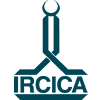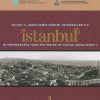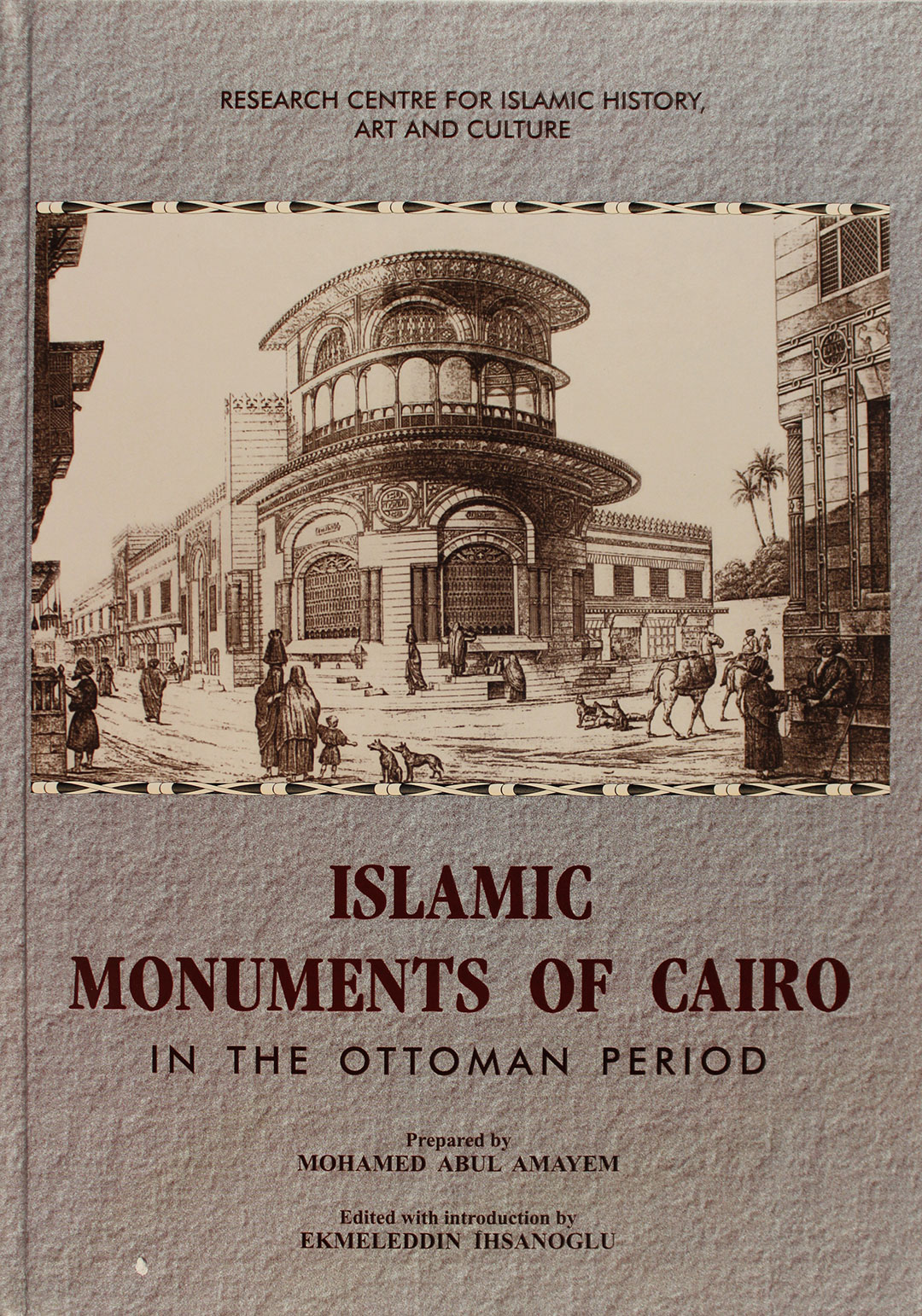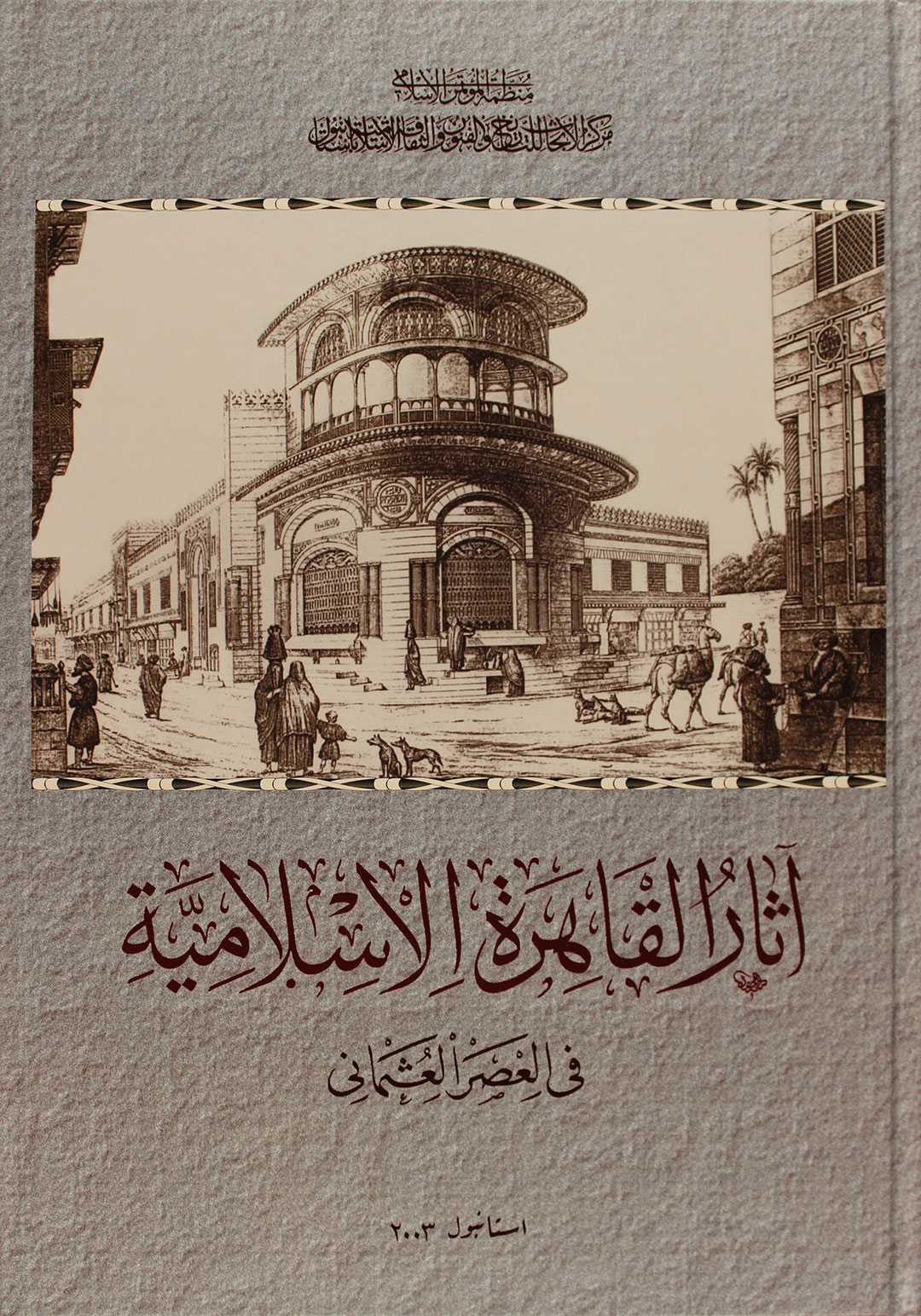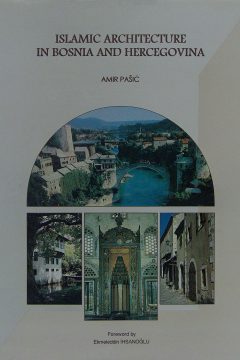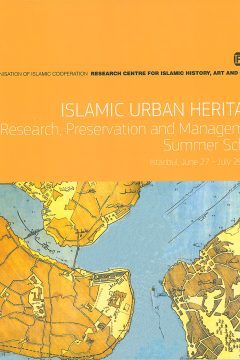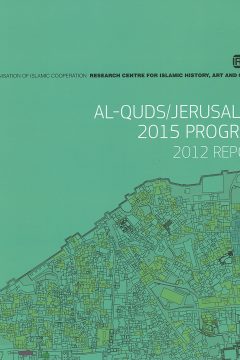IRCICA’s comprehensive publication on Islamic Monuments of Cairo in the Ottoman Period examines and introduces the architectural works constructed during the Ottoman period (1517-1914) from various viewpoints.
Book I: Mosques, Madrasas & Tekkes, IRCICA, Istanbul, 2003
The first book contains information on mosques, madrasas (schools), zawiyas and tekkes (religious lodges), covering 141 monuments built during the period from the Ottoman conquest of Egypt (1517) until the beginning of Mohamad Ali Pasha’s rule in 1805. The entries arranged in chronological order record the official registration number, date of construction, patrons and builders, and description of the location of each monument, and list the publications and documents that mention them.
Book. II: Public Fountains, Schools and Watering places, IRCICA, Istanbul, 2011
The second book consists of two volumes and focuses on other types of structures that were widespread in Egypt during the Ottoman period: public fountains, elementary schools, and watering places for animals. The book covers 474 structures dating from the beginning of the 16th up to the 20th century AD. For each structure, the reader will find a detailed description, indication of its place with detailed maps, its owner/affiliation, its state of preservation, and restorations made. The fountain (sebil) which was part of public works was often accompanied by an elementary school (kuttab). This whole structure could be attached to a large building: a mosque, a khan, etc. or it could be independent. As to watering places, which were located between the buildings, they were also part of the public works and supplied water for animals. Water was carried from the Nile to fill the underground reservoirs from where it would be drawn through wells.
The author Mr. Mohamed Abul Amayem is an eminent specialist of the history of architecture in Cairo. He worked at the Department of Egyptian Antiquities and the French Institute of Oriental Archeology in Cairo, and later at IRCICA.
